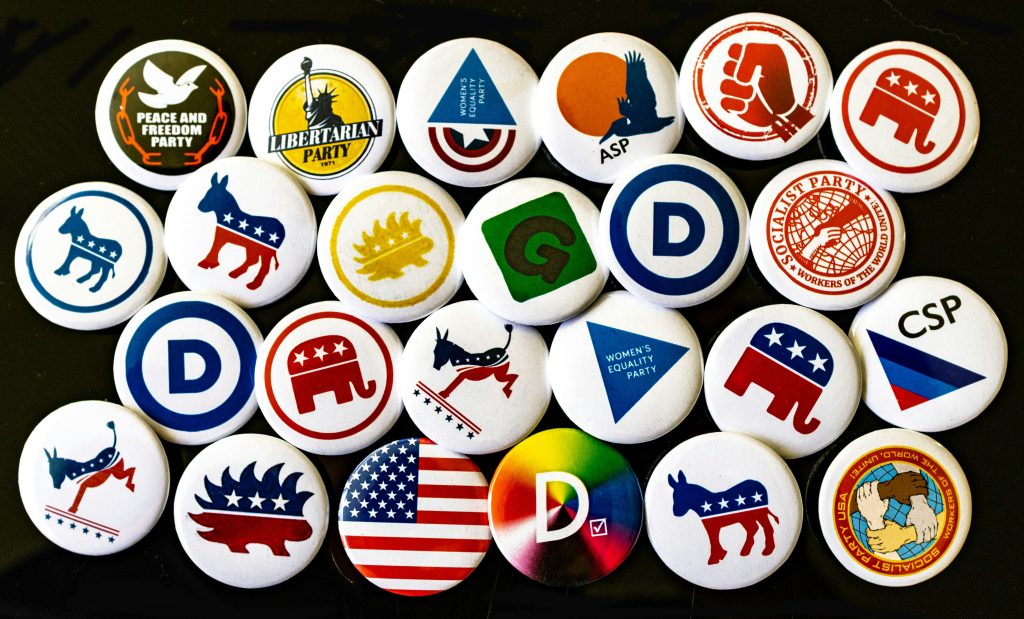Supreme品牌在亞洲市場的變遷與未來展望
自2020年被VF Corporation以21億美金收購以來,美國街頭潮流品牌Supreme的發展引起了廣泛的關注。這一收購不僅改變了品牌的所有權結構,也深刻影響了其在亞洲市場的策略和定位。在過去的三年中,Supreme的市場表現似乎未能達到當初的熱度,尤其是在香港等亞洲重要市場。
Supreme自創立以來,一直以其獨特的街頭文化和限量發售的商品吸引著全球的年輕消費者。然而,隨著品牌的成長和市場的變化,許多忠實粉絲開始感受到品牌在設計上缺乏創新,產品的稀缺性和獨特性逐漸降低。這一現象在香港市場尤為明顯,消費者對於品牌的期待與實際推出的產品之間產生了落差。
在這樣的背景下,Supreme品牌必須重新思考其在亞洲市場的定位和策略。市場調研顯示,年輕消費者對於品牌的忠誠度不再如以往,取而代之的是對新興潮流品牌的追隨。因此,如何保持品牌的獨特性,同時吸引年輕消費者的注意,成為了Supreme未來發展的關鍵。
此外,隨著數字化購物的興起,品牌還需要加強其線上商店的體驗。雖然Supreme在街頭時尚界占有一席之地,但其線上購物平台的用戶體驗仍有待提升。優化網站界面,提供更為便捷的購物流程,以及增加多樣化的支付選項,將有助於吸引更多的消費者。
為了重振品牌的活力,Supreme可能需要考慮與當地藝術家和設計師合作,推出具有地方特色的限量商品,這不僅能夠吸引消費者的眼球,也能夠提升品牌在當地市場的認同感。
總結來說,Supreme在亞洲市場的未來發展充滿挑戰,但同時也充滿機會。透過對市場需求的敏感把握和對品牌形象的重新塑造,Supreme有望再次贏得消費者的心。
Tags: Supreme, 品牌策略, 街頭潮流
Supreme品牌的轉變與影響
自從2020年被VF Corporation收購以來,Supreme這個美國街頭時尚品牌的發展路線引起了廣泛關注。這個曾經引領潮流的品牌,似乎在過去三年中經歷了不小的變化。儘管Supreme一直受到年輕消費者的喜愛,但其市場表現和品牌形象卻與從前大相徑庭。
隨著全球時尚市場的不斷變遷,Supreme的品牌定位似乎也面臨著挑戰。過去,Supreme以其獨特的設計和限量發售的策略,吸引了大量追隨者。但是,隨著競爭的加劇,這種策略的有效性開始受到質疑。許多消費者對於品牌的認知也發生了變化,開始尋求更加多樣化和個性化的選擇。
此外,Supreme在亞洲市場的擴張也值得注意。香港作為亞洲重要的時尚中心,雖然Supreme在當地仍然擁有一定的影響力,但消費者的需求和偏好卻在不斷變化。這使得品牌需要更加靈活地應對市場潮流,以滿足消費者的期待。
另一方面,最近即將上映的電影《Marty Supreme》也引起了不少關注。影片中的復古造型,特別是主角的50年代風格,讓人們對Supreme的品牌形象有了新的聯想。這種跨界合作的嘗試,不僅展示了Supreme品牌的文化影響力,也為品牌提供了新的宣傳渠道。
總的來說,Supreme在經歷了收購後的變化,正面臨著品牌重塑的關鍵期。未來,品牌能否成功適應市場變化並重新贏得消費者的青睞,將成為業界關注的焦點。
Tags: Supreme, 品牌轉型, 街頭時尚
Supreme Court Decisions Impact Voter Registration and Abortion Rights
In a significant turn of events, the U.S. Supreme Court has temporarily agreed to a request from the Republican National Committee (RNC) to enforce a controversial Arizona law mandating that voters present proof of U.S. citizenship. This decision is poised to have far-reaching implications for voter registration and electoral participation in the state. The ruling comes amidst a backdrop of ongoing debates about voting rights and accessibility across the nation. Proponents argue that such measures are necessary to ensure the integrity of elections, while opponents contend that they disproportionately affect marginalized communities, potentially disenfranchising thousands of eligible voters.
The law in question, which has been a point of contention since its inception, was initially blocked due to concerns regarding its discriminatory nature. However, with the Supreme Court’s recent decision, Arizona is now required to implement this proof of citizenship requirement, prompting fears of increased barriers to voting for many residents. The implications of this ruling could set a precedent for similar laws in other states, further complicating the landscape of American electoral politics.
In a related development, the Arkansas Supreme Court has upheld the rejection of signature petitions aimed at placing an abortion rights initiative on the upcoming November ballot. The court sided with the secretary of state, who had pointed out that the citizen group behind the initiative failed to submit all necessary documentation. This decision effectively quashes efforts to amend the state constitution to protect abortion rights, highlighting the ongoing struggle over reproductive health legislation in the U.S.
The proposed amendment sought to prevent government entities from imposing restrictions on abortion services within 18 weeks of fertilization. The ruling aligns with a broader trend in several states where lawmakers are enacting stringent laws aimed at limiting access to abortion services, a move that has sparked widespread protests and legal challenges across the country.
As the landscape of both voter registration and reproductive rights continues to evolve, these Supreme Court decisions underscore the critical role that the judiciary plays in shaping policy and governance. Advocates on both sides of the aisle are mobilizing to respond to these rulings, with many gearing up for a fierce electoral battle in the upcoming midterm elections. The stakes are high, and the implications of these decisions will undoubtedly resonate well beyond Arizona and Arkansas, influencing national conversations about rights, access, and the fundamental principles of democracy.
The intersection of these rulings reflects a broader narrative of conflict over individual rights and state authority, raising essential questions about the balance of power in American democracy. As both supporters and opponents of these measures prepare for what promises to be a heated political season, the focus will undoubtedly remain on how these legal frameworks will affect everyday citizens and their ability to participate in the democratic process.
Tags: abortion rights, Supreme, Supreme Court Rulings, Voter Rights



